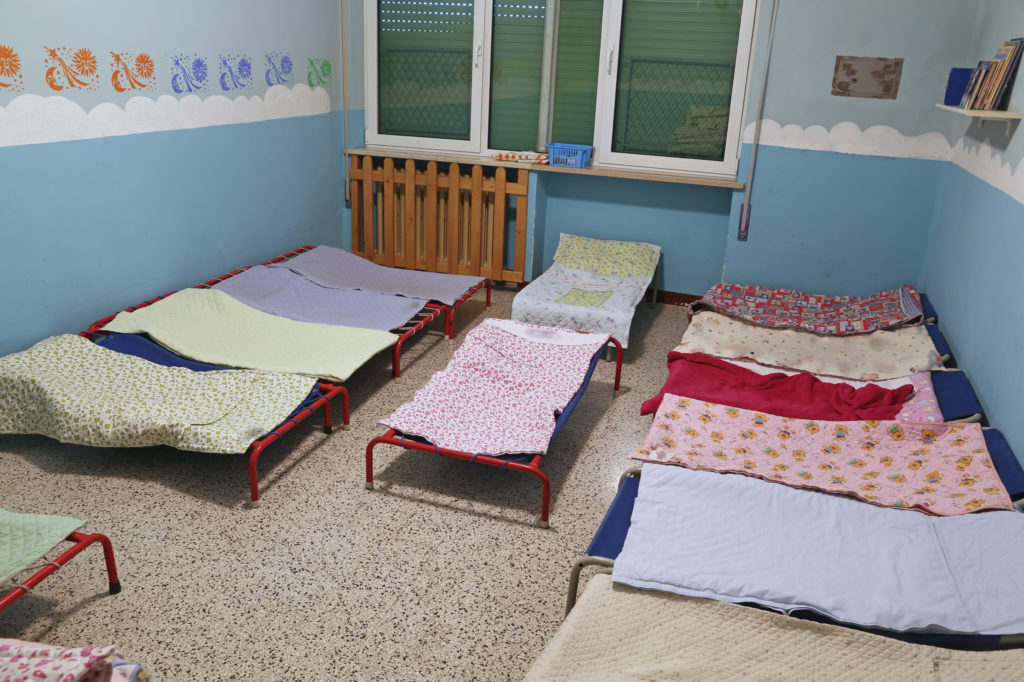What ever happened to the word “orphanage?” It seems like a word that lives exclusively in the past, floating in-between songs in the musical Annie or sweeping chimneys in 18th Century England. With the media-sensationalized images of poor, dirty children crowded together in a dusty bunk room while wiping floors and singing songs, it can be easy to forget that orphanages are the ancestors of modern day foster care.

Today, through increased government oversight and involvement in the needs of displaced youth, the foster care system primarily focuses on placing children into families and away from generalized group housing. However, these communal living arrangements have not disappeared entirely and are now called “congregate care”. Group Homes, Residential Treatment Centers and other forms of community-based living have been embraced in place of the archaic orphanage in the hope that children will be better served. Despite the fact that these congregate care facilities are a vast improvement over the unregulated, impersonal and sometimes cruel orphanages of the past, they are not entirely problem-free. Why is it that group homes and treatment centers across the country are closing their doors? What services did these facilities provide and how will states care for the children who were making use of them? To examine these issues, it is critical to have a clear definition of congregate care in mind.
Continue reading
